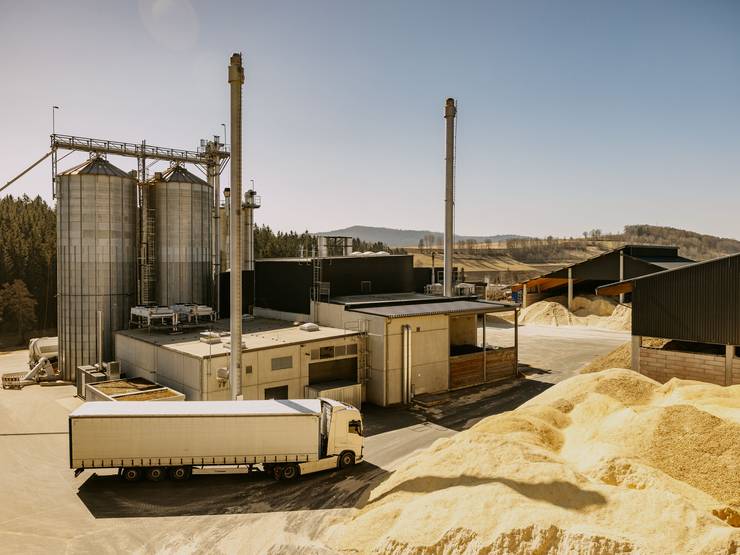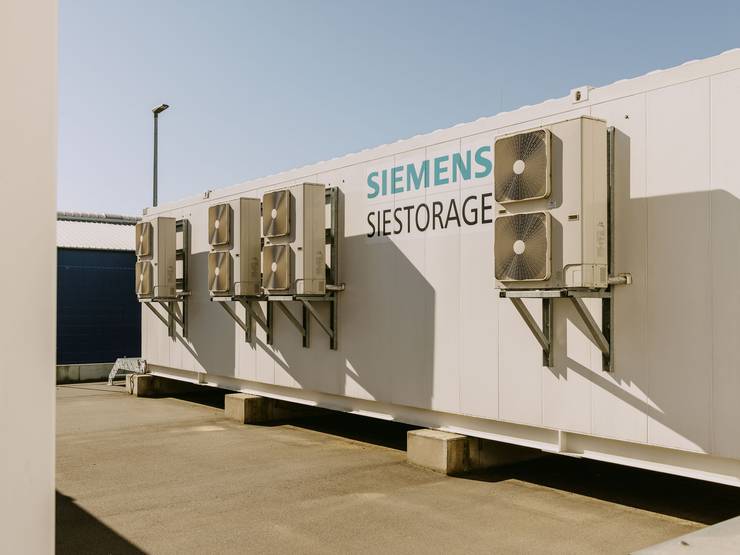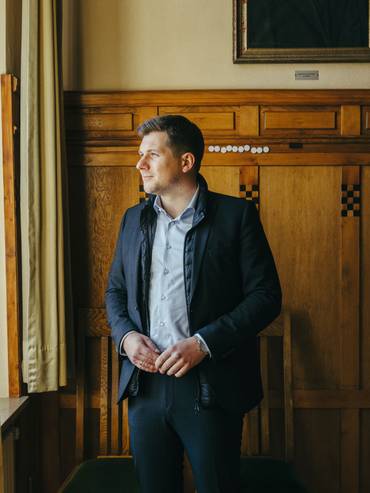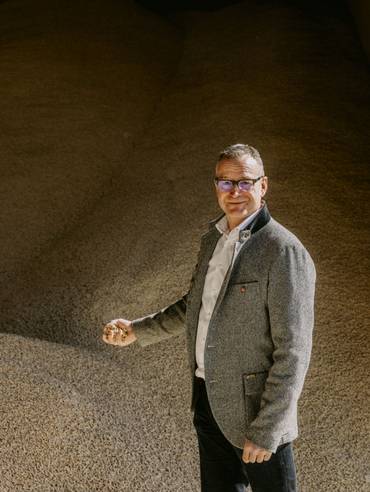Siemens Monocle
Transforming the everyday
Global climate targets might seem almost impossibly ambitious – but with the right technologies, community engagement and strong partnerships, we can bring them within reach.
“We do not inherit the earth from our ancestors; we borrow it from our children.” So goes the quote attributed to Chief Seattle – a notable Native American figure who lived in the late 18th century – and never more have those words rung truer than today. Two centuries later, business is beginning to take its responsibility for the environment and wider society seriously. And the stakes couldn’t be higher. The Paris Agreement’s target to limit global warming to below 1.5C is hanging by a thread. Geopolitical tensions have resulted in calls for greater energy independence; and with oil and gas prices on the rise, the economic dimension has become palpable.

Technologies to make good on our climate goals exist and there is a town in northern Bavaria that is empowering itself and its people with an innovative approach to energy production. By harnessing the potential of its local forests in addition to other renewables, Wunsiedel produces clean energy on a regional scale.
And thanks to a long-term partnership with Siemens, the town is able to store this energy and monitor it in the cloud. By collaborating with the technology company, Wunsiedel and its residents have taken their energy system into their own hands.
A small Bavarian town is showing how energy can be created from industrial waste – and stored for a rainy day.
In Wunsiedel, a town of 10,000 in the forests of the Fichtel mountains, good stewardship of nature is a guiding principle. And it has resuscitated their community. Wunsiedel suffered “brain drain” when its porcelain industry, which had been its lifeblood, began to wane. But in 2001 a group of locals sought to slow the exodus, promising jobs and a more sustainable future. Then-mayor Karl-Willi Beck and Marco Krasser, CEO of SWW Wunsiedel GmbH, the town’s local utility, formulated their vision of a smart city whose decentralised energy system would rely entirely on renewables. The result was a comprehensive infrastructure package for schools, recreation, flood protection and, most importantly, their energy system, known as the WUNsiedler Weg.

Beck and Krasser looked to an abundant local resource: trees. In 2011 they established WUN Bioenergie to make use of waste from the logging industry, such as wood scraps and sawdust. The pellets the company creates are converted into a combustible gas through a low-oxygen burning process. The excess heat emitted is used in two ways: to create more pellets and to feed the district heating system.
Photovoltaics and wind are part of the mix but what about on days when solar and wind installations generate more electricity than can be consumed or none at all? To tackle this, SWW Wunsiedel GmbH turned to Siemens, whose industrial-energy-storage solution allows them to store electricity for rainy or windless days.
Energy storage systems allow operators to capture excess energy and feed it back into the grid on days when systems aren’t running at their peak. It’s a matter of ensuring overall grid stability. But managing such a decentralised energy system, with the supply-and-demand fluctuations associated with renewables, is no easy feat. To maintain equilibrium, the utility relies on Siemens’ cloud-based monitoring system and open internet-of-things platform to keep tabs on how much energy the town produces and consumes in real time.


Wunsiedel is now looking at green hydrogen, another means of storing energy, to accelerate their energy transition. July 2021 saw the breaking-ground ceremony for one of Germany’s largest green hydrogen projects. With a capacity of 8.75 megawatts, it will use solar and wind to produce 1,350 tons of hydrogen a year. “The whole region is the power plant,” says Marco Krasser. “Our intention is to keep developing solutions that benefit the community and can be used as a benchmark for towns and regions around the world.”
This decentralised system is a blueprint for a sustainable future. It is a path that other communities can take to reduce emissions, guarantee energy independence and lower costs. All of this is possible but not without public engagement. “The key is to engage your citizens,” says Nicolas Lahovnik, the 32-year-old current mayor of Wunsiedel. “It will never work if you say, ‘I am going to build a wind turbine in your garden and that’s the end of it.’ Marco did the opposite. He took people with him by explaining what renewable energy is, why it works for the region and why it’s good for their pockets.”
The starting point for Wunsiedel’s journey was a respect for nature, a love of community and the confidence that technology can make the world more sustainable. But it has also become a model example of how technology, community engagement and partnerships can revitalise a region. Today the town has a thriving community: people are moving back; jobs are abundant; homes are being built. And all this because concerned citizens brought about real change. When asked about the WUNsiedler Weg, many of the residents beam with pride. They know they are doing their part in handing over a better world to future generations.

